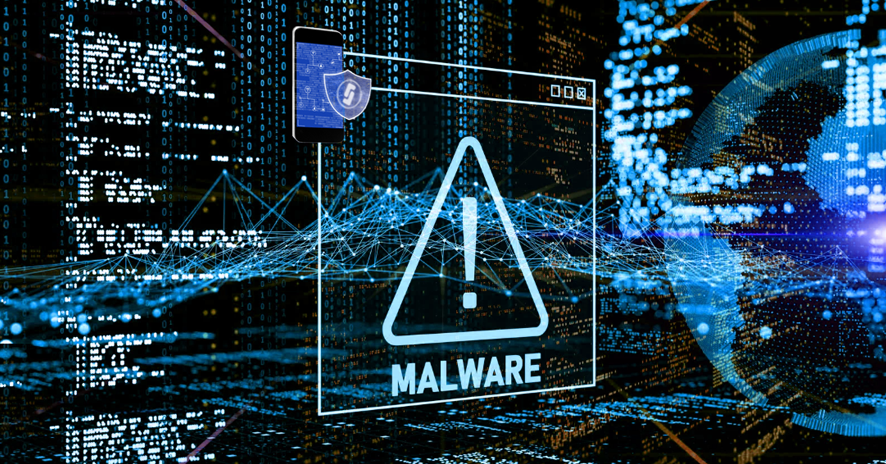
Cybersecurity
sAIfer Lab works in Cybersecurity by designing new techniques capable of protecting computer, mobile and IoT systems from malicious threats that may put at risk assets and data.
The research area of cybersecurity emerged prominently in the early 1990s, coinciding with the rapid expansion of the internet and the growing realization of vulnerabilities in digital systems. This field addresses the critical need to protect information and communication technologies from malicious attacks and unauthorized access. Our research activities within cybersecurity can be categorized into three primary sub-research topics: web and network security, malware detection, and software security.
Sub-research topics within the cybersecurity research area are specifically designed to tackle emerging threats, focusing on:
Malware Detection: with the rise of sophisticated malware, the need for advanced detection methods became evident. Early research in the late 1990s and early 2000s focused on signature-based detection. However, as malware evolved, these methods became less effective. Breakthroughs in machine learning and behavioral analysis have led to the development of more dynamic and adaptive malware detection systems.
Web and Software Security: ensuring the security of web and software applications from the development stage through deployment has been a major focus. Key research has concentrated on secure coding practices, vulnerability assessment, and software protection. The introduction of tools like static and dynamic analysis, along with formal verification methods, has been crucial in identifying and mitigating security flaws.
Threat Intelligence and Digital Forensics: understanding the vulnerabilities that allowed a threat actor to succeed in attacking a system requires collecting and correlating data from multiple sources such as logs, program traces, etc. Advanced tools for analyzing binary codes, system memory, files, and execution traces have been developed to get an in-depth understanding of the threats and plan prevention, detection, and response actions.
The final goal of these research activities is to create a safer digital environment for both organizations and individual users. By addressing real-world problems with practical solutions, cybersecurity research aims to protect sensitive data, ensure privacy, and maintain the integrity of critical systems. The primary users and beneficiaries of this research include governments, businesses, and end-users who rely on secure digital interactions for their daily operations.
Research Topics


Active research projects
RESEARCH DIRECTORS
Giorgio Giacinto - Full Professor
Davide Maiorca - Assistant Professor
FACULTY MEMBERS
Leonardo Regano - Assistant Professor
PhD STUDENTS
Aurora Arrus
Lorenzo Pisu
Alessandro Sanna
Silvia Lucia Sanna
Diego Soi
Affan Younas
RESEARCH ASSOCIATES
Pierangelo Loi - Technologist
Emmanuele Massidda





